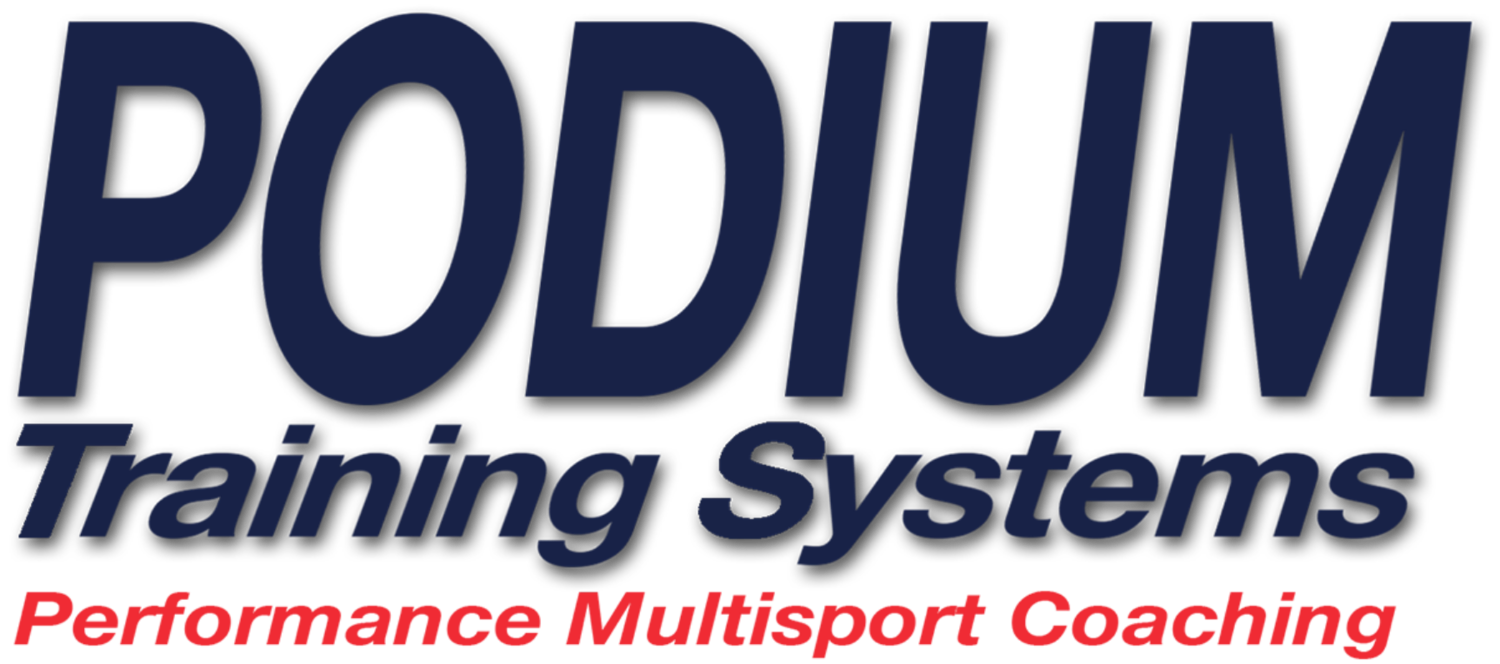One of the numerous things that I enjoy about being a triathlon coach
is speaking with multisport and endurance groups. I recently spoke
with a small group of my own athletes who have a target race coming up in a few
weeks – it was a casual, laid back Q&A session. The purpose of this meet-up was to discuss
their final training preparation and how to approach race day itself. These athletes range from first-time / novice
triathletes to competitive age-groupers.
My hope was to calm some nerves while finalizing last minute training
plan changes and strategy
The most interesting and vibrant conversation occurred when the questions
focused on what happens on race-day. And
by “what happens” I’m referring to questions that started with “What do I do if…”
·
What do I do if I lose my goggles during the swim? (Um, keep swimming.)
·
It’s an Olympic distance tri – what if I get a flat? (Fix it! You
might not place in your age group, but you’ll still finish strong.)
·
What if I have a serious mechanical issue? (Your day might be done –
wait for the sag wagon or start walking.)
·
What if the weather is terrible?
What if there are three-foot swells in the swim? (Pack your arm warmers, and sight early and
sight often.)
 |
| LA Triathlon Swim Start - Source |
There were many more questions but you get the point. Eventually, as the queries continued, my
answers shifted from being specific to more of a “don’t worry about what you
can’t control” vibe. There were some
first time triathletes that I could tell were now stressing about the “what
ifs?” So I countered: “Did you enjoy
your last training ride? Did you have a
good run last week? If so, then
excellent”
Yes, your training is targeted towards, and culminates with, your
“A” race. And it will, well, suck if
something happens and you can’t finish your race. Truth be told, you’ll find another one to do.
If you’re not enjoying the training – the process – then why do it? You have to enjoy the time spent on the long
rides, at the track, the long hours in the pool. To quote someone much smarter than I: The
journey is the destination. Yes, we all
want to perform well. But focusing on what is beyond our control is a fruitless
endeavor. Did you become a better athlete over the past six months of training?
Most likely, yes. You’re a better triathlete even if your race doesn’t
go well.
As a
coach, I have many such discussions with my athletes. Eventually we dial things in and focus on what
is needed for the particular, targeted race and what the plan is for varying
distance races. But we don’t talk about “what
ifs” anymore. Why worry about what we
can’t control? Enjoy the process.
